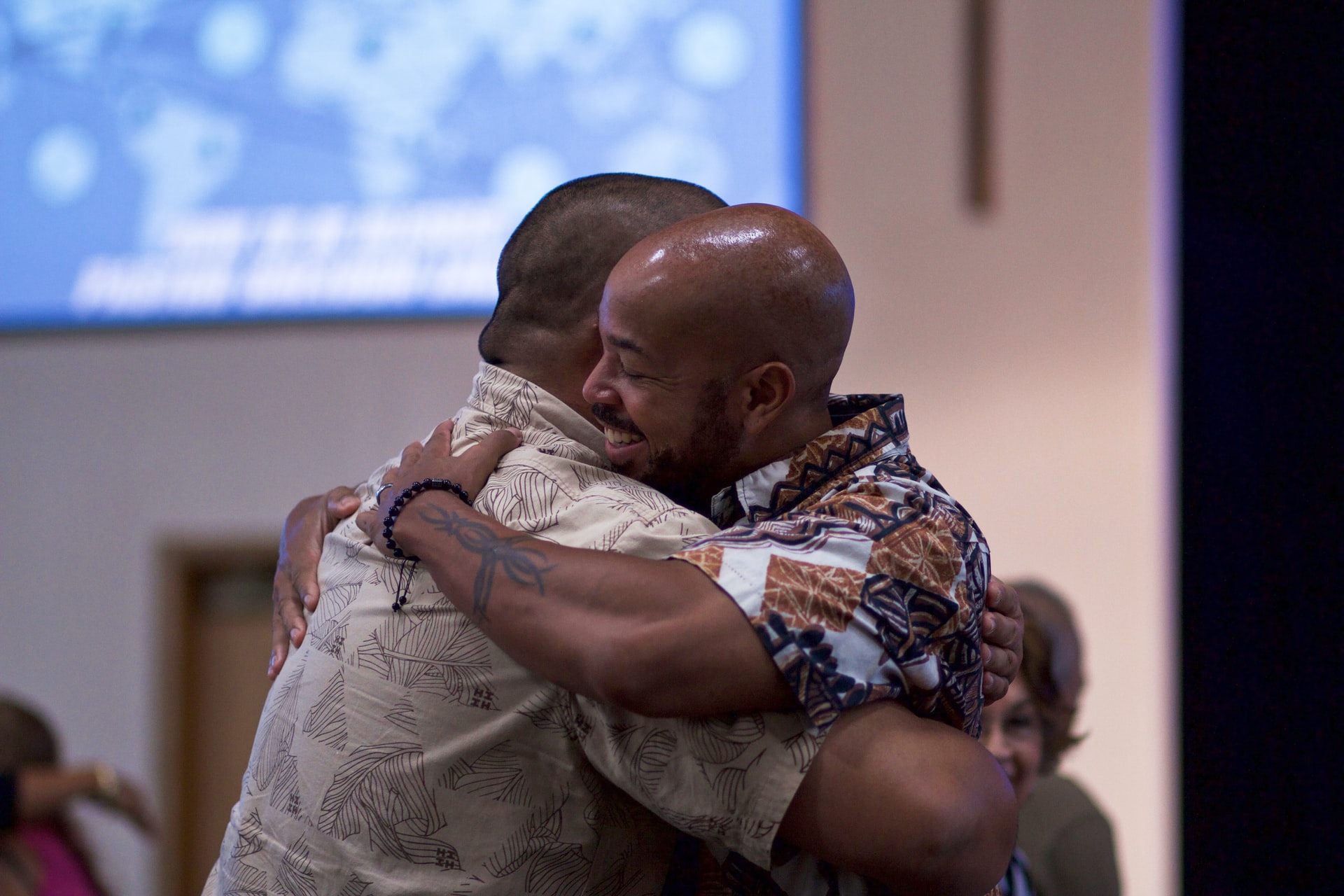What the Church Is
What the Church Is
Jesus said, “I will build my church” (Matthew 16:18). What did He mean by the word church? What did His disciples understand by this word?
Perhaps you have noticed that the word church has been used many times in this study. It has been used in different ways. In Lesson 1, we used the term church to mean “God’s people.” In Lesson 2, we used the same word for the visible organization. Both ways are correct.
term church to mean “God’s people.” In Lesson 2, we used the same word for the visible organization. Both ways are correct.
Many times we use a Bible word in everyday conversation. When we use a word in this way, we might not know its biblical meaning. Meanings depend on the context, or the setting in which the word is used. It is important to know what the word church means in the context of the Bible.
In this lesson, we will use the Bible. You will study a number of Scripture passages. In the last lesson, I did not mention that many people have given their lives to bring us the Bible. Not far from where I live, there is a stone sign on the spot where a man was put to death. His crime was wanting the Bible in the language of his people. God has protected His Word. Let us study it!
The Meaning of the Word Church
Greek was the language of the New Testament world. Paul wrote his letters to churches in the Greek language. What did the word church mean at that time? The word church meant “assembly.” In Paul’s time this word was made up of two smaller words. Together the two words meant “called out.” In Bible times, the word for church was used for an assembly of citizens called together. Citizens would meet to talk about some political or military problem. The word was also used of an army called together to fight. It could also be used to describe a law-making group. Today the word church sounds very religious. But in that time, the word was never used for a religious meeting.
The Bible is divided into two main parts: the Old and New Testaments. In the Old Testament, the Jews were called God’s people. Many Jews, like Abraham and David, believed God and obeyed Him. Their life stories are in the Old Testament. We learn much from reading about their lives.
Even before Jesus’ day many Jews lived in other lands and lost their language, not having God’s Word. To help these people, a special translation of the Old Testament was made. The word church, or assembly, was used almost 100 times in this version. Sometimes it was used for secular (not religious) gatherings, and at other times it was used for religious meetings. From the time Christians started using the word church, the Jews stopped using it. A gathering of Christians was a church. A meeting of Jews was called a synagogue. Jews who believed in Jesus were often put out of the synagogue. (See John 9:22 for one example.)
The word church can be found more than 100 times in the New Testament. It can be found in almost every book. When Christians called their meetings “the church” or “the assembly,” they did not mean a political or military meeting. They did not mean a meeting of the Jewish people, although many of the early Christians were Jewish! They meant the people who were called out by God. They meant the company of people saved by faith in Jesus Christ. I will explain more about this Christian usage throughout this course.
The Nature of the Church
The word church means a local assembly of all those who have faith in Christ. Often in the New Testament it means a certain church. See, for example, Paul’s greeting “to the people of the church in Thessalonica” (1 Thessalonians 1:1). Sometimes the Bible refers to several such groups gathering in their land. “The churches in Judea” (Galatians 1:22) is an example of this.
At other times, the word church is used to mean something bigger. It means the universal church. It is not the assembly, or meeting, but those belonging to the assembly. (See Acts 8:1-3.) When believers suffered and were scattered, they were still a part of the church. In Matthew 16: 18, Jesus is speaking of building the universal church, the body of believers in Christ, all over the world.
So we see that the church is not made up of people from just one race, but from all races. The church is not people from one nation, but from all nations. In Galatians 3:28 we read: So there is no difference between Jews and Gentiles, between slaves and free men, between men and women; you are all one in union with Christ Jesus.
The Relationships of the Church
 As we have seen, in Bible times the word church was not a religious word. How did believers refer to the church?
As we have seen, in Bible times the word church was not a religious word. How did believers refer to the church?
The early Christians called the church a name in their language (ekklesia) which means the congregation or the assembly of God. The people were called by God. It was God’s assembly. Acts 9:31 describes “Then the church throughout Judea, Galilee, and Samaria was strengthened; and encouraged by the Holy Spirit.” Paul wrote “to the people of the church in Thessalonica, who belong to God the Father and the Lord Jesus Christ” (1 Thessalonians 1:1). In the same way, he wrote “To the church of God which is in Corinth, to all who are called to be God’s holy people, who belong to him in union with Christ Jesus, together with all people everywhere who worship our Lord Jesus Christ, their Lord and ours” (1 Corinthians 1:2).
The church is called forth by God and called unto Jesus Christ. To the church at Corinth Paul wrote, “God (the Father) is to be trusted, the God who called you to have fellowship with His Son Jesus Christ, our Lord (1 Corinthians 1:9). At times the church is called “of Christ.” (See, for example, Romans 16:16.) Jesus said, “I will build my church” (Matthew 16:18). Paul spoke of Christ Who “is himself the Savior of the church” (Ephesians 5:23). Then he added, “Christ loved the church and gave his life for it” (Ephesians 5:25).
Believers are spoken of as “in Christ.” Christians are identified with Christ in his death (Romans 6:6). It is because we are “in Christ” that we suffer (Romans 8:17; 2 Timothy 2:12).
The Holy Spirit gives the church its supernatural (spiritual) nature. Because of the Spirit, the church is unlike any human assembly. The church is seen where the Holy Spirit is known. The power, or life, of the church is not human, but spiritual.
We must praise God that He has called us to be part of His church. The church is called forth by God, identified with Christ, and filled with the Spirit. God’s church is both local and universal. Believers everywhere love the same Christ. They “have all been given the one Spirit to drink” (1 Corinthians 12:13).
What is the church? It is the supernatural fellowship of believers. God planned it from the beginning. It has shown itself continually since the New Testament days. It is God’s witness in your area and your country.
